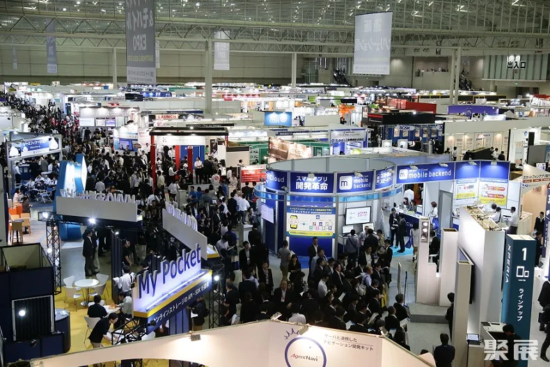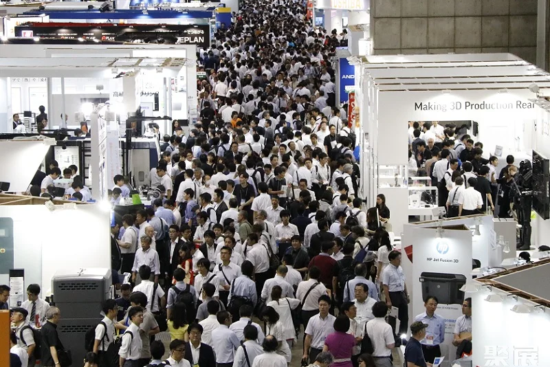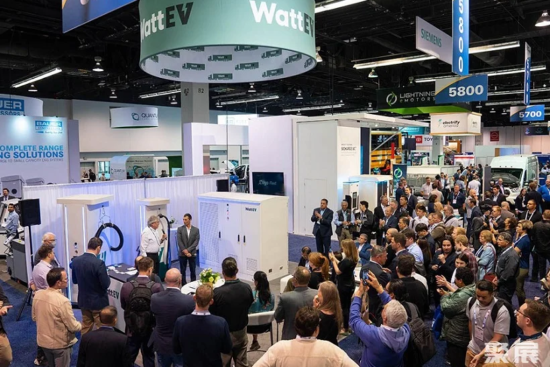
trade show director Chatted with Alexandra Failla, Corporate Sustainability Manager at Diversified Communications, to find out how climate change is impacting the events industry and provide advice for event attendees.
ANDREW: How do you predict the impact of climate change on the events industry?
Alexandra: Event organizers need to adapt to the impact of climate change on the events industry and the industries we serve.
For example, an increase in severe weather events may cause disruption to event schedules, leading to event cancellations or restricted access to event venues in more vulnerable areas.
Attendees expect and expect that organizers will adopt environmentally sustainable practices, and this need will only increase as environmental concerns increase.
As concerns grow about dependence on fossil fuels, demand for energy-efficient travel options and alternatives will grow.
Andrew: Based on your answer to the first question, how can organizers get ahead of or address the potential issues of climate change?
Alexandra: Event organizers can address the impact of climate change on their events and the markets they serve by implementing sustainable business practices at their events.
We’re excited to see that sustainability isn’t just a buzzword in the events industry, but a movement that is reshaping the way we plan and experience gatherings. Organizers are increasingly focusing on reducing waste and energy use, adopting greener practices throughout operations and planning, such as circular economy practices and carbon offsetting of attendee and staff travel.
Organizers can also reduce their environmental impact and demonstrate a strong commitment to sustainability by working with like-minded venues and suppliers with a strong commitment to sustainability.
related. Explore climate change and events with RX Global Sustainability Director Helen Sheppard
Andrew: Why should climate change be a top priority for event organizers?
Alexandra: There are several reasons why event organizers may want to consider climate change when planning their events.
First, as exhibitors and attendees become more aware of the environmental issues affecting our planet, more people will choose to support businesses and events that align with their values. Second, building a reputation for being committed to sustainability can help attract employees who want to work for companies with such a commitment.
Finally, sustainability can become a key differentiator for the industry, providing organizers with the opportunity to stand out while reducing costs.
Andrew: Do you think climate change will impact event planning? If so, what to do?
Alexandra: The sustainability movement has impacted the event planning process. Event organizers, general contractors, venues, exhibitors and attendees are working together to make a positive impact on the environment through more sustainable travel, waste management, energy, food and drink and booth design practices. Constituents recognize that they need to work with partners who prioritize sustainable practices and reduce their environmental footprint.
ANDREW: What advice do you have for event organizers who want to optimize their events for sustainability?
Alexandra: Sustainability is an ongoing journey, not a one-time effort. It’s about continuous improvement and finding new ways to reduce your impact on the environment while delivering a successful event. No one company will reach the finish line alone – this is an industry-wide effort that requires collaboration at all levels. Sharing insights with industry partners and colleagues can spark new ideas and help identify opportunities.
Andrew: Are there any tweaks/enhancements you’ve seen at the event related to sustainability and/or climate change that you’d like to highlight?
Alexandra: At Diversified, our sustainability strategy focuses on three key areas: environmental, social and governance efforts.
Our internal research shows a strong interest across the company in solving sustainability issues, providing an opportunity for our team to leverage their ideas and energy to advance sustainability at our events.
Because we cannot manage what we cannot measure, we are increasing our efforts and resources to measure and track carbon emissions and waste in specific campaigns this year to establish a baseline in 2024. We hope to use this data to set benchmarks, monitor progress and develop plans for data-driven future goals.
Waste reduction is a current focus area. Organizers are increasing the use of digital signage to reduce paper waste, choosing to use sustainable materials for signage and event structures, and minimizing the use of single-use plastics. We have also begun working more closely with our supplier partners to find more sustainable ways to operate. Some of our events are piloting more sustainable stand designs, built with reusable and recyclable materials. Circular practices and the elimination of single-use plastics are even more visible. We offer carbon offset options for attendees to and from the event.
ANDREW: How can sustainability enhancements help events?
Alexandra: Sustainable improvements can make events more cost-effective, reduce operational risk, increase the overall success and reputation of the event, and align with the values of an increasingly eco-conscious audience. For example, focusing on reducing waste at events may lead to cost savings, particularly in printing, packaging, shipping and energy consumption.
Andrew: Is there anything else you’d like to add?
Alexandra: Event organizers are in a unique position because we span so many industries and we have the opportunity to influence wider change and set the standard for other industries. By embracing sustainable practices, we both ensure we can continue to deliver successful events while making a positive impact on the industries we serve.











Leave a Reply Cancel reply
You must be logged in to post a comment.